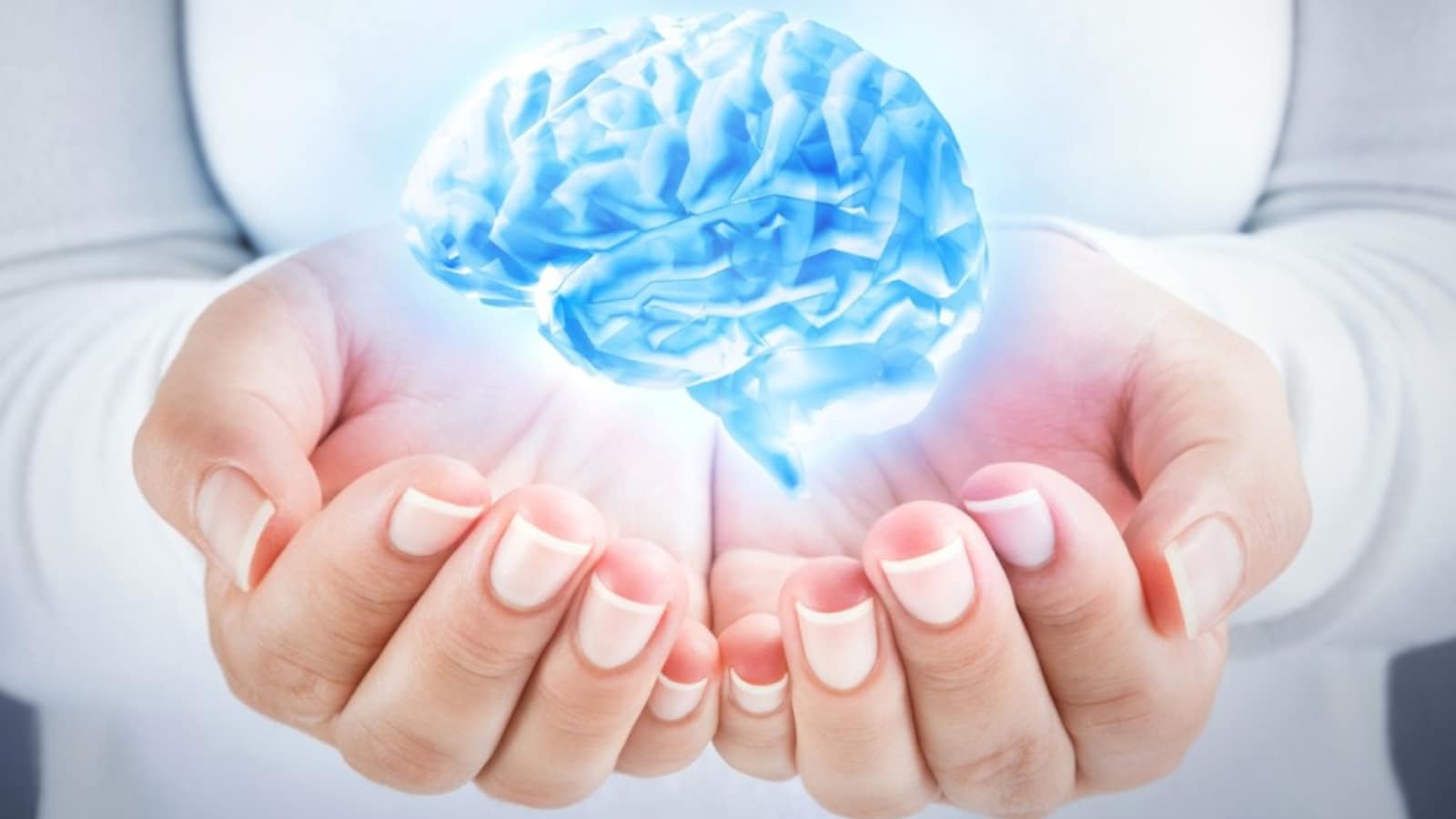Last Updated:
Occasional forgetfulness is common in the natural ageing process, but constant or disruptive memory loss should never be ignored

Stress and anxiety weaken brain function and memory retention.
Most people over 60 begin to notice subtle changes in short-term memory, such as difficulty recalling a word or misplacing their reading glasses. In those moments, it’s natural to wonder: Is this simply normal ageing, or could it mean something more?
Some cognitive changes are expected as we grow older. Processing information may slow down slightly, multitasking may become more challenging, and short-term memory may not feel as sharp. This is a natural part of ageing and usually nothing to worry about. Lifestyle factors, including stress, lack of sleep, inactivity, and certain medications, can also contribute to these minor memory slips.
Dr. Vamsi Chalasani, Consultant, Neurology, Manipal Hospitals, Vijayawada, shares all you need to know:
Still, memory symptoms that are persistent or worsening are a red flag. Warning signs include forgetting recently learned information, struggling to follow conversations, asking the same questions repeatedly, getting lost in familiar places, or becoming confused about time and location. These can be signs of mild cognitive impairment (MCI) or the early stages of dementia, including Alzheimer’s disease. Unlike normal ageing, these conditions gradually interfere with a person’s daily life and independence.
The good news is that not all forgetfulness is linked to dementia. Medical conditions such as vitamin deficiencies, thyroid disorders, depression, or side effects from medication can also disrupt memory but these are often treatable. Early evaluation by a doctor can help distinguish between normal ageing, reversible causes, and more serious conditions.
To keep the brain healthy, experts recommend regular physical activity, a balanced diet low in saturated fats and rich in antioxidants like vitamins E and C, staying socially active, engaging the brain with challenges such as crossword puzzles or reading, and effectively managing health conditions like diabetes and hypertension. These habits not only support memory but also improve overall well-being in older age.
In short, occasional forgetfulness is common in the natural ageing process, but constant or disruptive memory loss should never be ignored. Identifying the cause early allows for timely treatment and management, often making a significant difference in maintaining quality of life.

Swati Chaturvedi, a seasoned media and journalism aficionado with over 10 years of expertise, is not just a storyteller; she’s a weaver of wit and wisdom in the digital landscape. As a key figure in News18 Engl…Read More
Swati Chaturvedi, a seasoned media and journalism aficionado with over 10 years of expertise, is not just a storyteller; she’s a weaver of wit and wisdom in the digital landscape. As a key figure in News18 Engl… Read More
September 05, 2025, 11:09 IST







